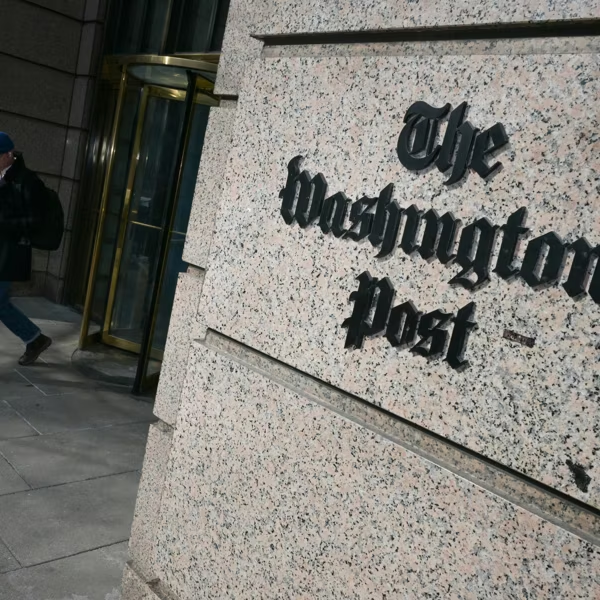Both a lawyer and spokesperson for WikiLeaks expressed relief on Friday that Swedish prosecutors are now willing travel to London to interview founder and editor-in-chief Julian Assange, even as they characterized as ridiculous that fact that it took well over four years to accept such an arrangement.
Assange has been living in the Ecuadorian embassy in London for more than three years under asylum protection after allegations over sexual misconduct in Sweden sparked a legal battle over extradition. Assange has denied wrongdoing but repeatedly said he would be willing to answer all questions regarding the accusations and details of the case. However, he refused to return to Sweden stating fears of being extradited to the United States over a sealed indictment in that country related to his work with WikiLeaks exposing government and military secrets contained in leaked documents provided by U.S. Army whistleblower Chelsea Manning.
Swedish prosecutors of the case consistently refused Assange's offer to meet at the embassy in London to conduct the interview, but have now reversed that decision citing the approaching statute of limitations on the alleged offenses in the case.
"My view has always been that to perform an interview with him at the Ecuadorean embassy in London would lower the quality of the interview, and that he would need to be present in Sweden in any case should there be a trial in the future," said lead prosecutor Marianne Ny in a statement. "Now that time is of the essence, I have viewed it therefore necessary to accept such deficiencies in the investigation and likewise take the risk that the interview does not move the case forward."
Ny said a request by her office was made to Assange's legal team on Friday for an in-person interview inside the Ecuador embassy in London. In addition, the prosecutors have requested to take a DNA swab of Assange.
Speaking with the Associated Press, WikiLeaks spokesman Kristinn Hrafnsson said the Swedish decision was "a victory for Julian," even as he criticized the delay.
"I think it's absolutely outrageous that it took the Swedish prosecutor 4 1/2 years to come to this conclusion after maintaining that she couldn't come to London because it would be illegal to do so," he said. "Obviously that was a bogus argument."
One of Assange's lawyers, Per Samuelson, said he had spoken with his client and that they were likely to accept the offer.
"This is something we've demanded for over four years," Samuelson told AP. "Julian Assange wants to be interviewed so he can be exonerated."
In response to the developments on Friday, independent journalist and filmmaker John Pilger, speaking on behalf of the Julian Assange Legal Defense Fund, released the following statement:
I have closely followed the Julian Assange case from the beginning. The Swedish prosecutor's move is demonstrably cynical. In finally agreeing to come to London to interview Assange - something Assange and his legal team have been asking her to do for more than four years - she has waited until just before Sweden's statute of limitations nullifies her patently threadbare case against him and kept Assange trapped in the UK while the US continues to pursue its unprecedented espionage case against Assange and WikiLeaks. She has wasted four and a half years of Assange's life -- against whom she has never produced a shred of evidence with which to formally charge him with any crime. Moreover, she is directly responsible for wasting millions of pounds of British taxpayers' money that have been spent on the policing of the Ecuadorean embassy in London. Her behaviour is scandalous.
According to the Guardian:
Assange has been wanted in Sweden since the accusations were made against him in August 2010. The British Foreign Office said in November it would welcome a request by the Swedish prosecutor to question Assange inside the Ecuadorian embassy. Ecuador's government has also repeatedly stated that it approves of such a step.
Assange's lawyers, who are appealing against his arrest warrant in Sweden's highest court, have complained bitterly about the prosecutor's refusal to travel to London to speak to him - an essential step under Swedish jurisprudence to establish whether Assange can be formally charged.
Ny's refusal, they say, has condemned Assange to severe limitations on his freedom that are disproportionate to the accusations against him.
Ny has argued that interrogating Assange abroad would be complicated and have little point because he would still have to travel to Sweden for trial, should sufficient grounds emerge. However, she is obliged to drop the case against him unless she believes there are "reasonable grounds" for suspicion of his guilt.



